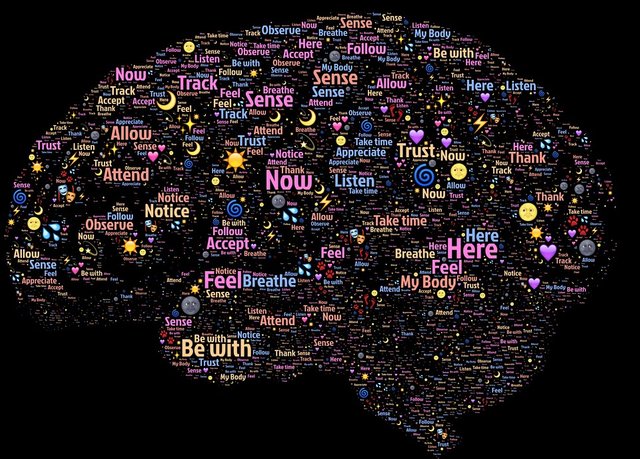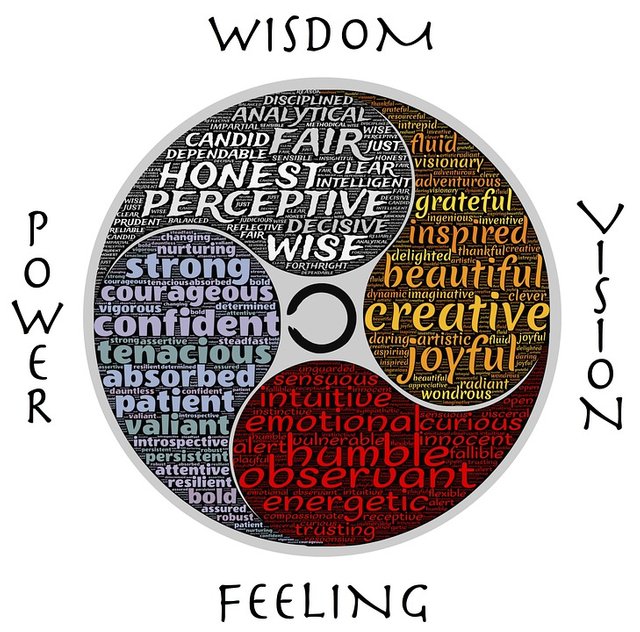Transformation 2018

The late President Kennedy once said, carefully using Crisis. And the word came back stronger by the end of this year, when Forrester's research institute issued a business outlook in 2018. One of the key points, the digital crisis will be in 2018.
This is important for you who are formulating the vision of 2018, because the digital economy really has penetrated almost all human life.
And for Forrester, digitizing is not an elective surgery, but mandatory. While 60 percent of CEOs feel they are very left behind.
In the country, even more than 80 percent of CEOs and long-time entrepreneurs feel still a beginner (beginners) are clueless. And unfortunately it is experienced companies that become stars for generation X and above.
Big brands that always excel and dominate the market with the distribution network that has been solid, but all the manual and eye-contact.
But if we want to go back to Kennedy's warning, then the word crises should not be read linearly as "a dangerous state," but "there is a chance in danger."
Where did the sailing boats go?
To be clear where the direction of transformation to be prepared by business actors in 2018, I invite you open a little historical record back. Yes, it's about the sailing vessels that disappeared in the era of the industrial revolution.
You may still recall images in history books that impress global commerce with the emergence of thousands of sailing vessels of all goods, including spices.
Sailing ships ever triumphed the unity of the archipelago and the world trade link. Whether it's a Pinisi ship, or a VOC ship.
The sailboats were lost in line with the advent of steam engines. For young people at the time, steam engines were an opportunity to replace old players who were reluctant to change. But for the old entrepreneur, steam engine is a danger. So what happens, they do take the path of transformation, but half heart.
Yes, instead of doing a full transformation, the owners of the ship are only tempted to buy the machine and install it on the hull of the ship. Above it remains a blowing screen, but below it there is a machine that can trigger speed.
While new ships are popping up that are designed without a screen at all. The size of the ship changed. The amount of charge raised continues to be enlarged. And new docks abroad continue to be adapted to the shape of new ships.
The depth of the sea at the edge of the pier is also deepened due to the greater ship weight. While here, our docks until the year 2000 are still the same as the situation 30-40 years earlier.
The owners of the new engine vessels are new entrepreneurs. While ship engines are purchased by sailboat owners who still use the wind as a force with unchanged ship dimensions.
Once the Suez Canal and the Panama Canal are opened, the sailing ships slowly begin to fall. The owners mumbled, "We died because of declining purchasing power, people are no longer trading because of the economic recession."
Whereas the goods owners choose to trade with new vessels much faster, and the cost is much cheaper.
Steamship became known in 1813. According to Gale & Aarons (2017) records, the sailboats began losing markets in 1849 after a Panama canal was built that required larger-dimensional ships. Higher speed and more hauling power,
welcomes a more open world
The transformation is half hearted
The story of the sailing vessels fitted with steam engines is now facing us in the Indonesian economy. Especially when we are entering a highly disruptive digital trade.
Companies are racing to buy technology and master it, but the ship's form remains the same. Thus pulaleadership, business capabilities, customer engagement, mindsetpegawai and corporate culture it.
All still live on the "sailboat," which is now given a "steam engine" (technology).
Such companies are fighting against new facts that their business is under threat of death. The closer we enter the digital trade, the greater the insistence of death.
Just look at how humans began to explore the digital world 50 years ago, the average world's leading companies can survive more than 50 years in the Fortune 500 list. But now, in 2018 estimated that they can only be on the list for about 15 years.
The branded and innovative giants were so quickly replaced by new players whose average CEO was much younger and his companies were completely unknown in the past.
Want to take refuge in the government through the old rules it also can not because netizens say other through customer enggagementyang more intimate.
Why did the giants fall? The answer is that the transformation they do is really half hearted, they buy technology just to follow. The old people are not retrained, the way of thinking is not improved, the supply-chain management remains the same, so the cost structure does not change.
Wholeheartedly
So in 2018, according to my records, more and more big, old, cross-category companies will get more tense looking at these changes and blame the situation.
Whether it is the financial sector, the processing industry, trade and retail, media, transportation, pharmacy, hospitals, automotive, and many more will enter difficult times.
I certainly do not mean to frighten, but demanding attention so that executives are more willing to take more fundamental steps.
Like a sailboat that has provided a great economic opportunity in the past, the presence of steam engines in the early 18th century needs to be greeted with a brand new vessel, both in shape, dimensions, and new ways of working.
Similarly, the presence of digital technology in the 21st century, can not be faced solely by adding technical capabilities.
Keep in mind, 75 percent of the powerful new software that a company has bought in the last five years has been less
successful in delivering the company's progress.
The problem is, companies only rely on IT people alone to install software, while the way of thinking and leadership capabilities of management has not changed.
Only with the transformation of "wholeheartedly" Indonesian companies can sail faster.
To that end, the way economic leaders and observers in contextualizing the world must change. Because they also deliver the thinking of CEOs and leaders.
Happy surfing in a big wave of change full of opportunity, for those who wholeheartedly.

Thank you @muammar salam sukses
You got a 0.63% upvote from @upme requested by: @muammar.
Send at least 1.5 SBD to @upme with a post link in the memo field to receive upvote next round.
To support our activity, please vote for my master @suggeelson, as a STEEM Witness